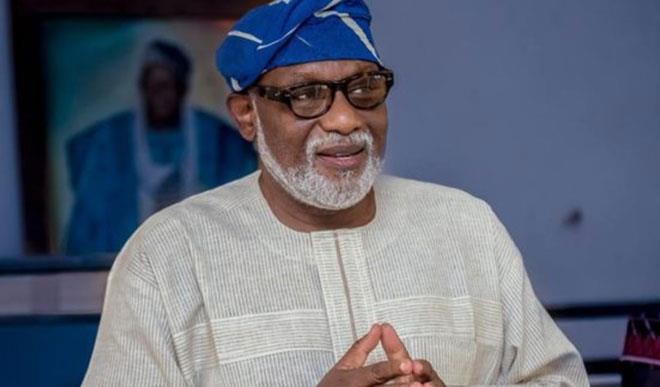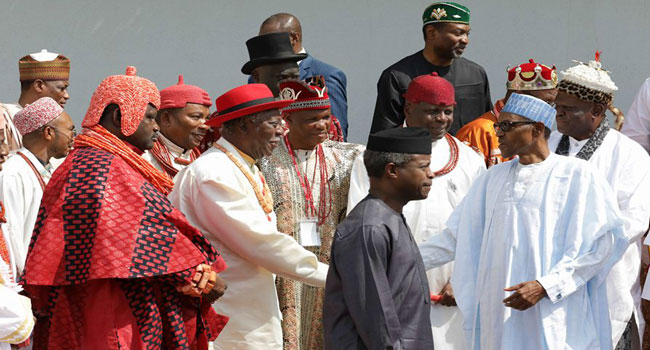The Coordinator, Presidential Amnesty Programme (PAP), Brig.-Gen. Paul Boroh has said about 14,366 ex-agitators were trained in the programme.
Gen. Boroh spoke at News Agency of Nigeria (NAN) Forum in Abuja, yesterday.
He explained their capacities has been developed in agriculture, automobile engineering, and aviation, with a further look at the sports sector.
“As we speak, we have trained over 5,000 in education-capacity development, and over 22, 000 in skill acquisition and entrepreneurship development.”
He said the programme granted amnesty to 30,000 ex-agitators of Niger Delta.
Gen. Boroh said from now till December 17, more ex-agitators would be graduating from the scheme.
According to him, its education programme is winding down and there is need to graduate more beneficiaries.
He said education is a pivotal investment for human and economic development, influenced by the environment within which it exists.
Gen. Boroh said the President Muhammadu Buhari administration was aware today’s youths need specific skills to survive the competitive world.
The presidential aide said beneficiaries, now graduates, were aware of the socio-economic scenario of the nation and can help in developing the region and the nation.
According to him, the beneficiaries can contribute towards nation-building.
“From now till December 17, you will be hearing of graduations because we are winding down and positively for that matter as well as empowerment.
“We are using government institutions, we think the resources we spent in this programme will be better utilised within the country.
“That is why we are using government-owned institutions instead of institutions abroad, this is our focus.
“Right now, we have trained about 14,366 ex-agitators in the programme and their capacities have also been developed in the areas of agriculture, automobile engineering, aviation sector and then we are also looking at the sports sector,‘’ he said.
He said other areas included skill acquisition, entrepreneurship and educational development.
Gen. Boroh stressed the need to sustain peace in the Niger Delta toward ensuring infrastructural development.
He said the existence of peace was not negotiable as it will bring development in infrastructure, among others, in the region
According to him, before now, Nigeria has a lot of infrastructure that were functioning, such as Ascon Oil Company in Delta State, rolling mills, railways and roads.
He added that most of these were destroyed by conflicts in the region
Boroh said the establishment of the Presidential Amnesty Programme (PAP) was to ensure peace and replace damaged infrastructure.
The coordinator said we should revamp these infrastructure to create jobs that will bring peace, stability and development in the region.
He said: “I was a young man 84/85 in Warri, I was a battalion militant when these infrastructure were functioning and massive jobs were created but now they have become moribund.
“It’s a concern for the government to ensure that at least some measures of start over to revamp these infrastructure are achieved to create job opportunities that will ensure peace, stability and development in the Niger Delta region.”
The Presidential aide praised the administration for bringing infrastructural development as well as peace to people of the region.
He said the economic impact that infrastructure improvement has on nation building cannot be over-emphasised.
According to the coordinator, the growth of any country’s economy hugely depends on the status of its infrastructure.
He added that the dearth of infrastructure places serious limitation on human capital development.
“The programme is one of the pivotal institutions responsible for ensuring peace, stability and development of the Niger Delta region.
“We express deep gratitude and appreciation to Mr President for ensuring that his commitment during his campaign has come to bear.
“He ensured that the Niger Delta region is of concern to him and that he would, with support from others, ensure the region is peaceful, stable and developing.’’
On money spent so far, he said ‘’frankly speaking, peace is expensive…, it is difficult to calculate the exact figure.
“But importantly, there is now peace; people are happy,’’ he said.
Boroh, however, reiterated the government’s commitment in ensuring lasting peace in the area.

